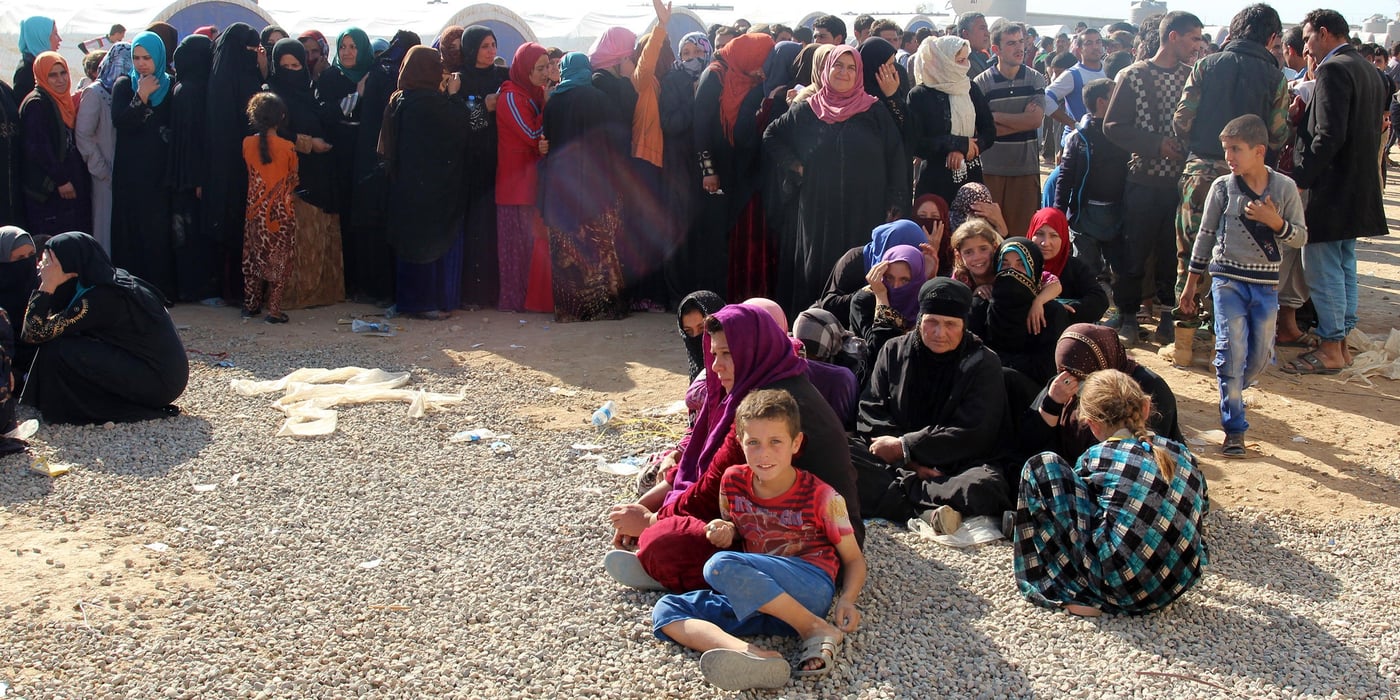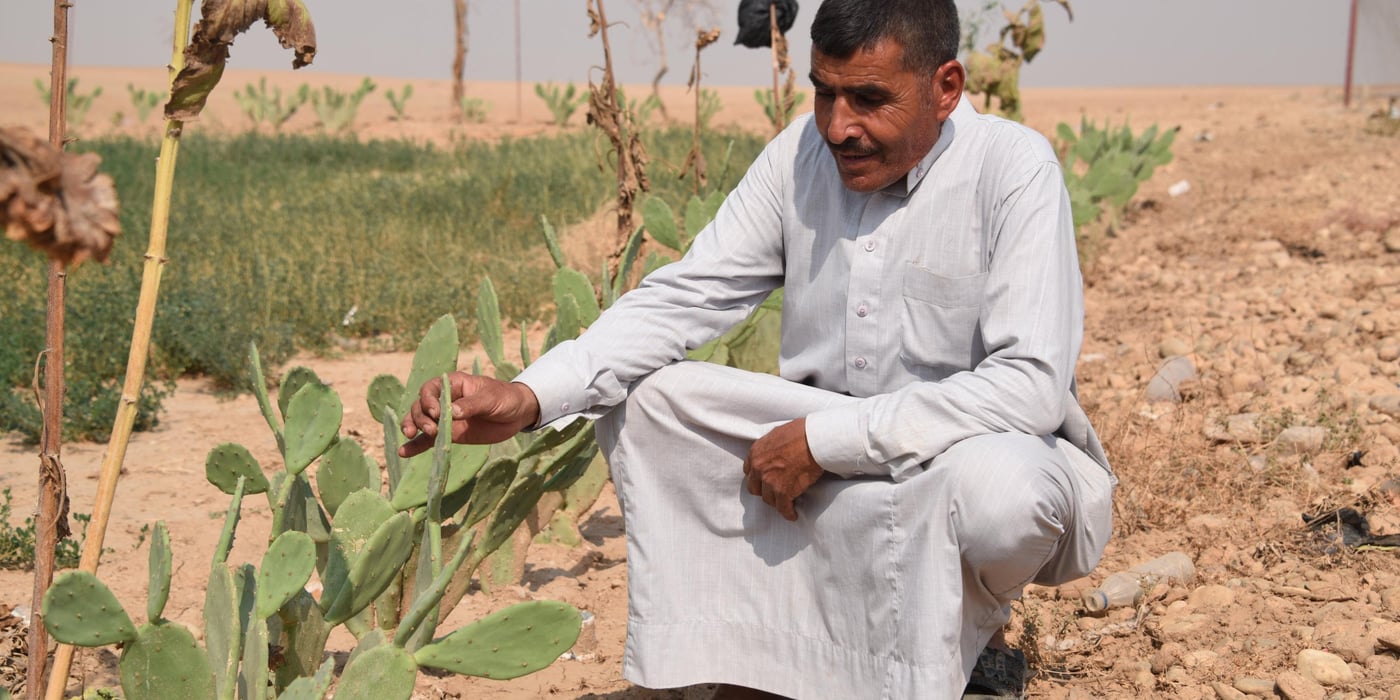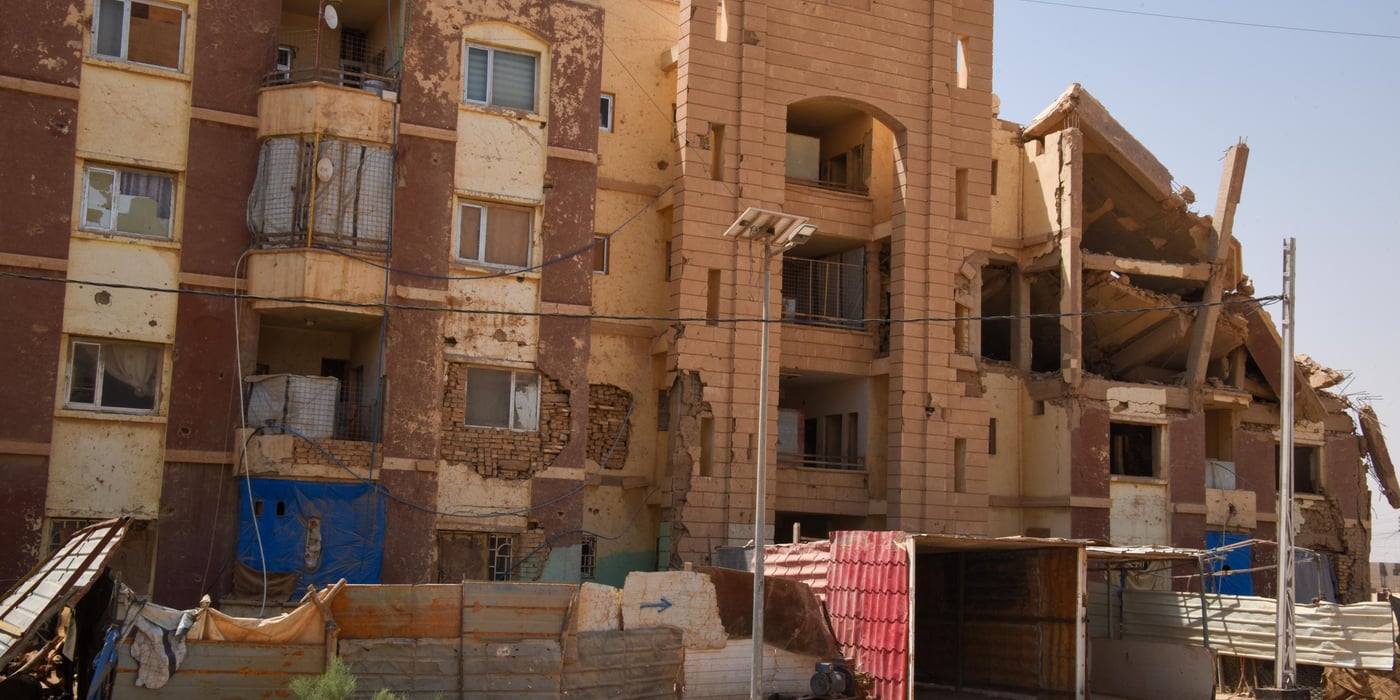
A remarkable majority of Iraqis who recently fled from Mosul and surrounding villages remain optimistic about returning home one day and living safely in their country even as fighting rages on, a survey commissioned by the Norwegian Refugee Council has found. The majority have also reported that they would like to stay in Iraq even if they had the chance to leave, that their basic emergency needs were mostly being met in displacement camps, and that they believed their families can live in comfort and safety in Iraq in the future.
The survey carried out in displacement camps among 315 Iraqis over last three weeks found 60 per cent stating their desire to return back to their homes as soon as conditions allow as well as the presence of a home to return to—although with fighting still ongoing that might change—in addition to an extra 7 per cent who wanted to return but had no home to go back to. This is in contrast with 25 per cent reporting having a home but unable to return. A majority of 59 per cent of Iraqis said they preferred staying in their country rather than move abroad. Still, 37 per cent—a relatively high figure—said they would rather leave Iraq if they could, while 4 per cent said they didn’t know.
“What we read in these findings is Iraqis clamouring for a plan for their safe return home, an end to the cycle of violence and a political process that gives them the future they deserve,” NRC’s Iraq Country Director Wolfgang Gressmann said. “It is an impressive testament to their resilience that after two decades of conflict and suffering they still have hope for a future in their country. We have yet to see a concerted plan by the international community on how it will support the Iraqi government to make sure this happens.
“It is still early days for people to return home safely. Ongoing fighting, lack of access to basic services, and unexploded ordnance make it impossible for most to return safely for some time to come. Any returns will need to be voluntary, once neighbourhoods are cleared of mines and explosives and basic services are restored in areas of origin. Yet this is a unique moment of opportunity for us humanitarians, for the governments behind the military operation, and for international donors, to make sure we don't let these families down again. While aid agencies are providing emergency relief, this is not enough unless Iraqis can live in peace and side by side. It is now a matter of weeks before this optimism could turn into outrage and despair; this is our chance to make sure that their optimistic hopes, rather than their worst fears, become a reality.”
The Mosul operation, now in its third month, still rages on, with more than 1 million civilians trapped inside the city facing grave danger, in contrast with those relatively few who have made it out and are represented in the survey. More than 90,000 Iraqis have been displaced since the offensive started on 17 October, most of them living in displacement camps.
The survey found that while most said they felt relatively safe inside the camps, safety and security remains the respondents’ most pressing concern. This was followed by shelter, education and access to adequate healthcare as top concerns, in descending order. The average newly displaced Iraqis reported that their emergency needs were mostly being met by humanitarian agencies, although women's positive responses were shockingly low. While 71 per cent of men said their needs were fully or mostly met, only 18 per cent of women gave the same response, with the remaining 82 per cent saying their basic needs were met partly or not at all, requiring further investigation into how and why they are let down so massively in the provision of aid services and their treatment in general.




